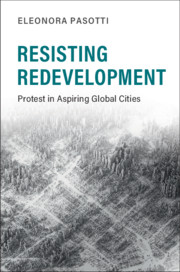Comparative analyses of welfare systems have largely proceeded on the basis that coherent nation-states exist. This assumption was always problematic – as many theorists have acknowledged – but globalisation processes have added a further dimension to this debate, not least because of the increasing power of global cities that act as coordinating hubs for the global economy. Although residing in nation-states, these cities have a special status flowing from their central role in the global economy with often rather different economic, demographic and social contexts. While there is growing literature on global cities, what the rise of these cities means for social policy and for welfare states remains an underexplored issue. Here we outline some key issues the rise of global cities presents for welfare states before proceeding to illustrate both theoretical and practical issues we highlight through a case study of Mexico City.



